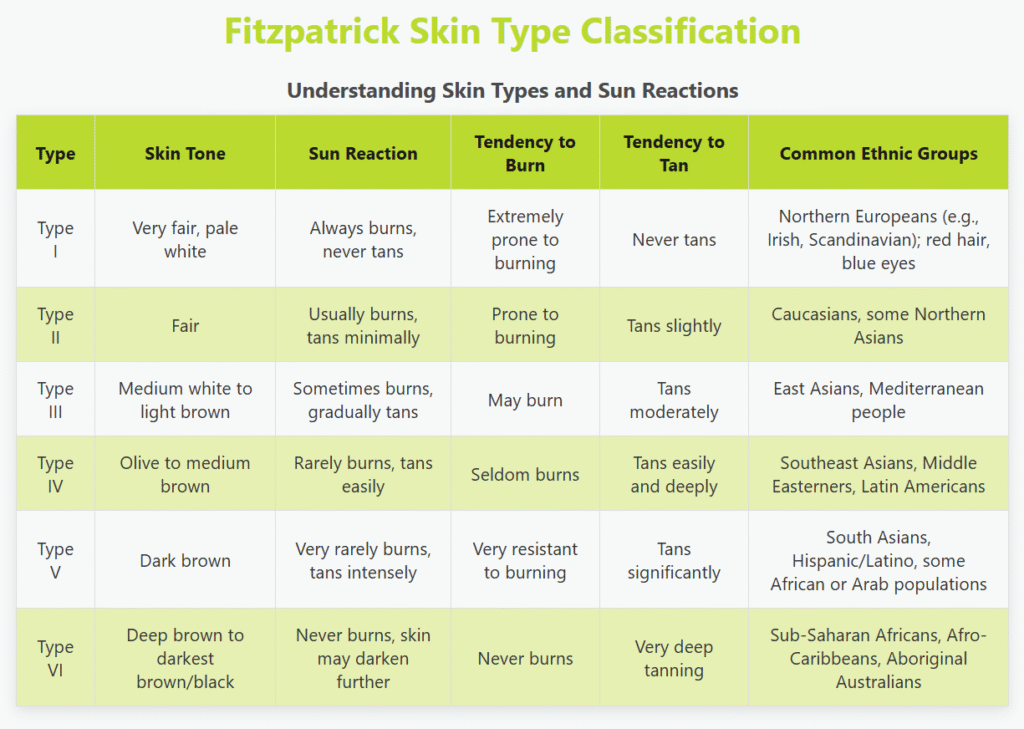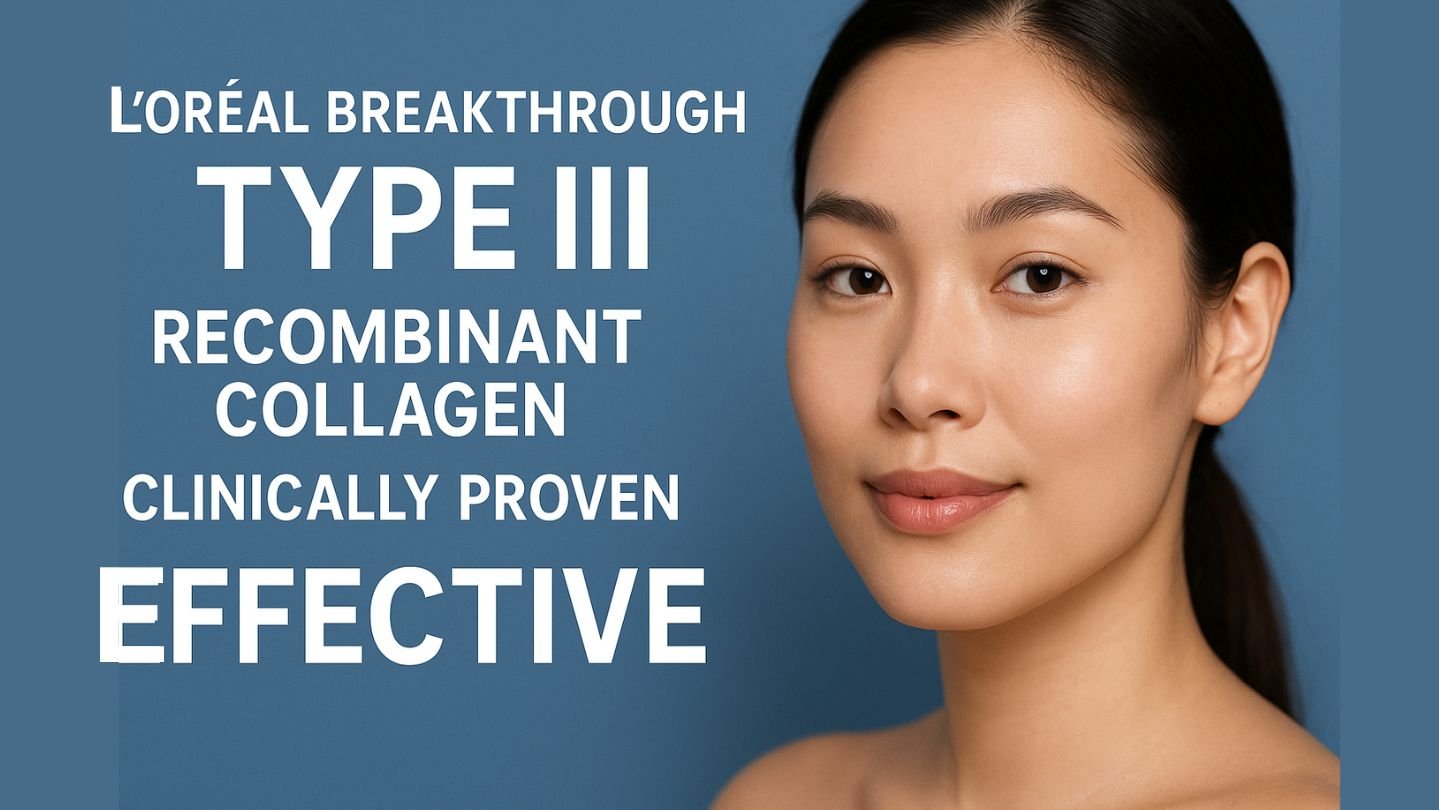This blog post is a summary of a recently published paper by the L’Oréal Research & Innovation team in the Journal of Cosmetic Dermatology.
Original reference:
Duan, X., Ding, C., Wu, J., Bao, W., Gao, Y., Liu, F., & Cai, W. (2025). Recombinant Type III Humanized Collagen Solution for Injection Promotes Skin Repair in Chinese Population: A Case Series. Journal of Cosmetic Dermatology, 24(5), e70226. https://doi.org/10.1111/jocd.70226
The New Frontier in Skincare: Targeting Redness and Acne Scars with Type III Recombinant Collagen
Red blotches and acne scars are common skin concerns that many people face. Traditional treatments like phototherapy (such as lasers) and chemical peels are widely used in clinics today. However, for individuals with deeper skin tones—particularly Asian skin types classified as Fitzpatrick III to V—these approaches can carry unwanted side effects. One of the most challenging is post-inflammatory hyperpigmentation (PIH), where the treated skin darkens instead of clearing.

Note: The Fitzpatrick skin type classification is a system developed by American dermatologist Dr. Thomas Fitzpatrick in 1975. It categorizes skin based on its response to sun exposure
In response to this, L’Oréal Group, in collaboration with leading partners, has launched a groundbreaking clinical study focused specifically on the Chinese population. The goal? To explore whether injecting Type III recombinant collagen—an advanced, lab-engineered form of collagen—can genuinely improve skin appearance and reduce those stubborn marks.

But the investigation doesn’t stop at surface beauty. In controlled lab settings, researchers are also testing this collagen’s anti-inflammatory properties—its ability to soothe skin and calm irritation before it escalates.
This research could herald a new era of personalized skincare solutions, designed to respect the unique needs of diverse skin tones while pushing the boundaries of beauty science.
Clinical Outcomes: Redness Area Decreased by Nearly 50%
Clinical results showed that all participants experienced a reduction in facial redness after treatment, particularly in the cheekbone area. On average, the area affected by redness decreased by 49.3% after 90 days.

In addition to reducing facial redness, the treatment also led to noticeable improvements in acne scarring. Clinical results showed that all five participants with acne scars experienced enhanced skin tone uniformity and smoother texture following injections of Type III recombinant collagen. Notably, a 33-year-old male participant showed significant improvement, with visibly faded scars and a much smoother skin surface.

Beyond the clinical study, researchers also conducted in vitro tests to evaluate the anti-inflammatory effects of Type III recombinant collagen. The results showed that a 0.10 mg/mL solution of RhCol-III significantly reduced levels of TNF-α and IL-6 by 47.75% and 44.96%, respectively.

